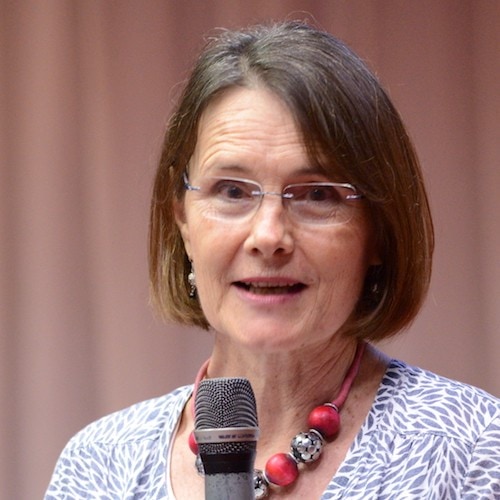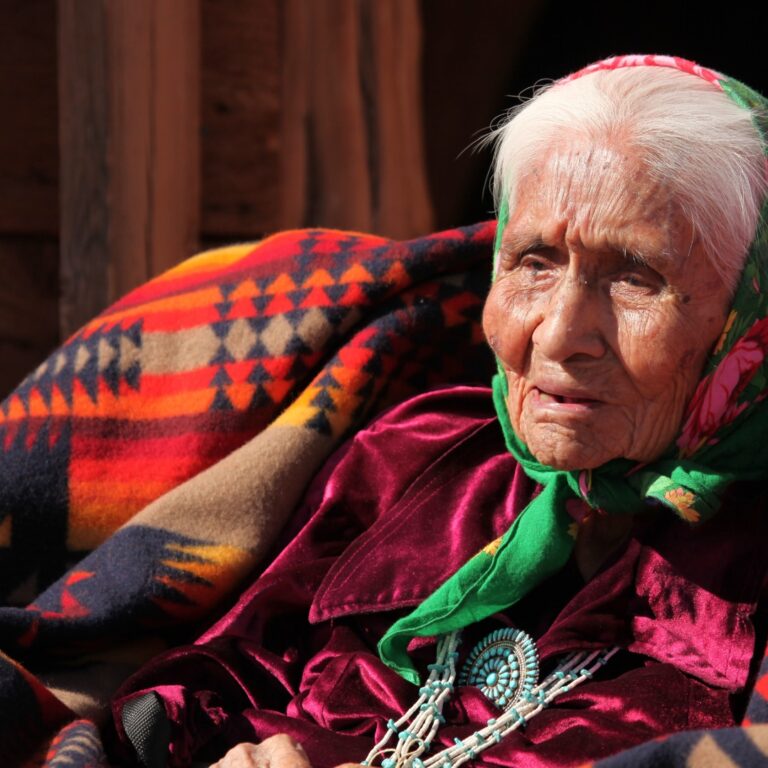How can we support a person who has a burden for cross-cultural mission?
- The Called Individual
- The Pastor
- What Should we do? And why it matters...
- Our Recommended Coherent Approach
- A Journey, Not a Destination
- Suggested Resources
The Calling
Here is an individual who senses God’s call to missions. She (or he!) is not yet sure where she should be going, but something is stirring in her about the plight of so many in our world who have not yet heard the good news about Jesus. What should she do about this new burden? It’s not very convenient – what will her family and friends have to say about her leaving for another continent? What about her student loan – how would she ever pay that off without a reliable income to support her? Who can she go to for advice – or should she just forget all about it? After all, surely someone else could go – why should it be her?
The Pastor
And here is a busy pastor of a growing church. There are so many calls on his time and so many claims on the church’s budget. There’s the new kids’ worker they need to hire, the leaking roof in the sanctuary, the outreach to the homeless and umpteen projects that never have enough funding. How inconvenient that just at this time a visiting preacher should give such a stirring challenge about the needs in other lands. There are plenty of needs here! Whatever should he do if someone in the congregation actually responds to that message and feels that God is asking them to go? How would he, the pastor, know if that call was genuine or how to help them prepare? Surely it would be better just to point them in the direction of a good career and suggest they give to missions instead?
What are we to make of these two scenarios – the two sides of a coin that must occur more often than we may think?
What Next? And why it matters...
Considering first the young woman who has received a call – how important is it that she be supported and guided through the next steps she needs to take? How can she and those who might send her be sure it is a genuine call and that she is ready for the challenge of a cross-cultural life? How will she land up being well mentored, supported and trained? And, on the other side of the coin, how can the burden of sole responsibility for responding to such a scenario be lifted from the senior pastor, or even the missions pastor (if there is one)?
Who else might be suited to the job of mentoring and encouraging a prospective missions candidate through the process of preparing for the field? How can a sending church build a protocol for sending that helps everyone be on board with the process?
This complex and tricky scenario is what this article is about. At FieldPartner, we have a passion to help local churches everywhere engage fully with the challenge of world mission and also have a coherent approach to the issue of sending.
Ideally, when someone presents with a sense of personal calling to GO, to move out beyond their own borders with the gospel, their own church would have an established process for helping them assess and test that call and then be guided through the preparatory phase.
The reason this is an essential process is that when it is lacking there is a risk of people dropping out:
“Agencies are losing a greater percentage of their missionaries for potentially preventable reasons during the past 20 years. Since 1981, 50% of the annual departures were for potentially preventable reasons”
Sadly, the missionary attrition rates testify to the fact that about a third of those who do not last on the field for preventable reasons should not have gone in the first place – they either were not suitable or were not ready. That, in truth, was a failure of the selection process. So this is a serious issue!
The agencies have their psychometric tests and rigorous selection interviews, but by and large, if a church puts forward a candidate, the (reasonable) assumption made is that the church would not have done so if they did not consider the candidate both suitable and ready. Yet the church might simply be taking the candidate’s own word for it – ‘they feel called so we should enable them to go’.
What is the Coherent Approach we are Recommending?
The key point is that the first stage for assessing a missions call should be the local church. Ideally, the church will have some recognised steps for a prospective candidate to take. (If you have no idea what these steps should be - check out the pathway map on our pre-field page).
Willingness to be mentored and tried out in ministry contexts might be a first test for the candidate – for example, small group leading; going on local outreach and giving their testimony; going on short-term teams and being observed in a cross-cultural context. In the course of these real-life situations, issues are likely to arise and how the individual handles them can be assessed.
Ideally returning missionaries will be drawn in to be mentors of new ones coming through and their invaluable experience can be handed on. Courses like our Crossing Cultures 101 or All Nations’ Explore can be taken and the question of further preparation investigated. All this will provide the church leadership with ‘data’ and insights about the person’s suitability to progress further in the process of preparation. Of course it takes time and engagement, but the benefits are enormous. Over time, the prospective missionary will grow in her own experience of God, confidence in her faith and she will become known in the community, which is equally important. And the church will be stepping up in their desire to endorse the call and to support in every way this one that they will be sending. Ideally, she will become so well known and appreciated, that everyone will miss her when she eventually goes, and she'll be remembered and celebrated!
What if the Answer is ‘No’?
Supposing the conclusion is that someone is not suitable to go (for whatever reason)? Is that the end of the road? Surely not! There are many other ways of engaging with cross-cultural missions than by going. Those who have a heart for it can be excellent supporters, fundraisers, mobilisers - and can even be encouraged to reach out to the nations on our doorsteps as we frequently say. One of the most effective mobilisers there has ev er been (Oswald J Smith) was himself turned down for the field because of frail health. His response to that disappointment was to say: "If I can't go myself, I will send someone else."
er been (Oswald J Smith) was himself turned down for the field because of frail health. His response to that disappointment was to say: "If I can't go myself, I will send someone else."
A Journey, Not a Destination
This point is crucial; sending is not an event, it’s an ongoing committed relationship. And it’s not just about the fanfare of the send-off, it’s about walking the journey with the one you send through thick and thin and for the duration of their time on the field and beyond.
Pre-field, on-field and post-field. Each of those stages is critical and support is needed throughout. That is why we have drawn up a resource map for each stage, giving suggestions of how a sending church (or a support group within it) can keep in step with the one who goes. Building an ‘ecosystem’ of support is also the field worker’s responsibility, of course, so it’s not all down to the church, but your part is still a key one.
We want to empower you with the confidence to send well. Do browse our resources below and around the website.
Suggested Resources
- What Cross Cultural Mission Is & What It Isn't!
- The Pre-Field Journey
- Five Issues to Ponder When Sending
- The Privilege of Being a Sending Church by Michael Prest of UFM
External Links










